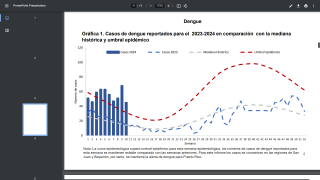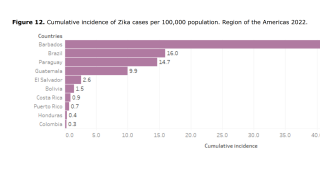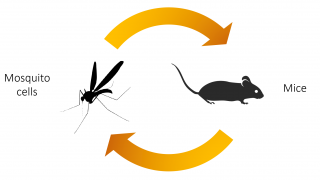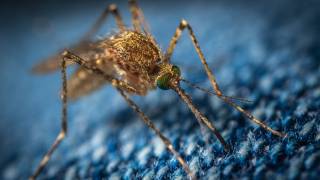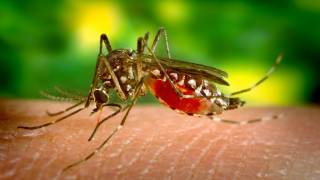Zika Infection Early in Pregnancy 17x More Likely to Birth a Child With Microcephaly

Women infected with the Zika virus early in pregnancy are almost 17 times more likely to have a child with microcephaly, according to a new study.
Microcephaly is a birth defect where a baby’s head is smaller than expected when compared to babies of the same sex and age.
Babies with microcephaly often have smaller brains that might not have developed properly, says the Centers For Disease Control and Prevention (CDC).
In this new study, researchers merged data from multiple national reporting databases in Brazil to assemble information on 9 known or hypothesized causes of microcephaly for all births in the country between 2015 and 2017.
The researchers found that, despite lower rates of microcephaly outside northeast Brazil, there was a consistent association between Zika infection during pregnancy and microcephaly that was not modified by other viruses or environmental exposures.
This study was published in PLOS Medicine on March 5, 2019, by Oliver Brady of the London School of Hygiene & Tropical Medicine, UK, and colleagues.
In 2015, greater than expected rates of microcephaly in newborns were reported in northeast Brazil. This coincided with an outbreak of Zika virus infection in the Americas, and researchers discovered an association between the two.
However, the lower rates of microcephaly later seen in other areas of Brazil led to suggestions of alternative causes or cofactors present in northeast Brazil.
This study concluded that 92 percent of an estimated 8.5 million Zika cases occurred in northeast Brazil and that as many as 0.2 percent of all pregnancies resulted in a baby with microcephaly.
No elevated risk of microcephaly was seen with Zika infection prior to conception.
Only seroprevalence surveys across Brazil can help shed light on why the northeast region was so adversely affected, the researchers say: "Such studies are vital for estimating the future risk of Zika and microcephaly outbreaks across the region."
This work was partially supported by the European Union's Horizon 2020 Research and Innovation Programme under ZIKAlliance Grant Agreement no. 734548. OJB was funded by a Sir Henry Wellcome Fellowship funded by the Wellcome Trust (206471/Z/17/Z) and a grant from the Bill and Melinda Gates Foundation (OP1183567). SIH is funded by grants from the Bill & Melinda Gates Foundation (OPP1106023, OPP1093011, OPP1159934, and OPP1176062).
The funders had no role in study design, data collection, and analysis, decision to publish, or preparation of the manuscript. The authors have declared that no competing interests exist.
Our Trust Standards: Medical Advisory Committee



